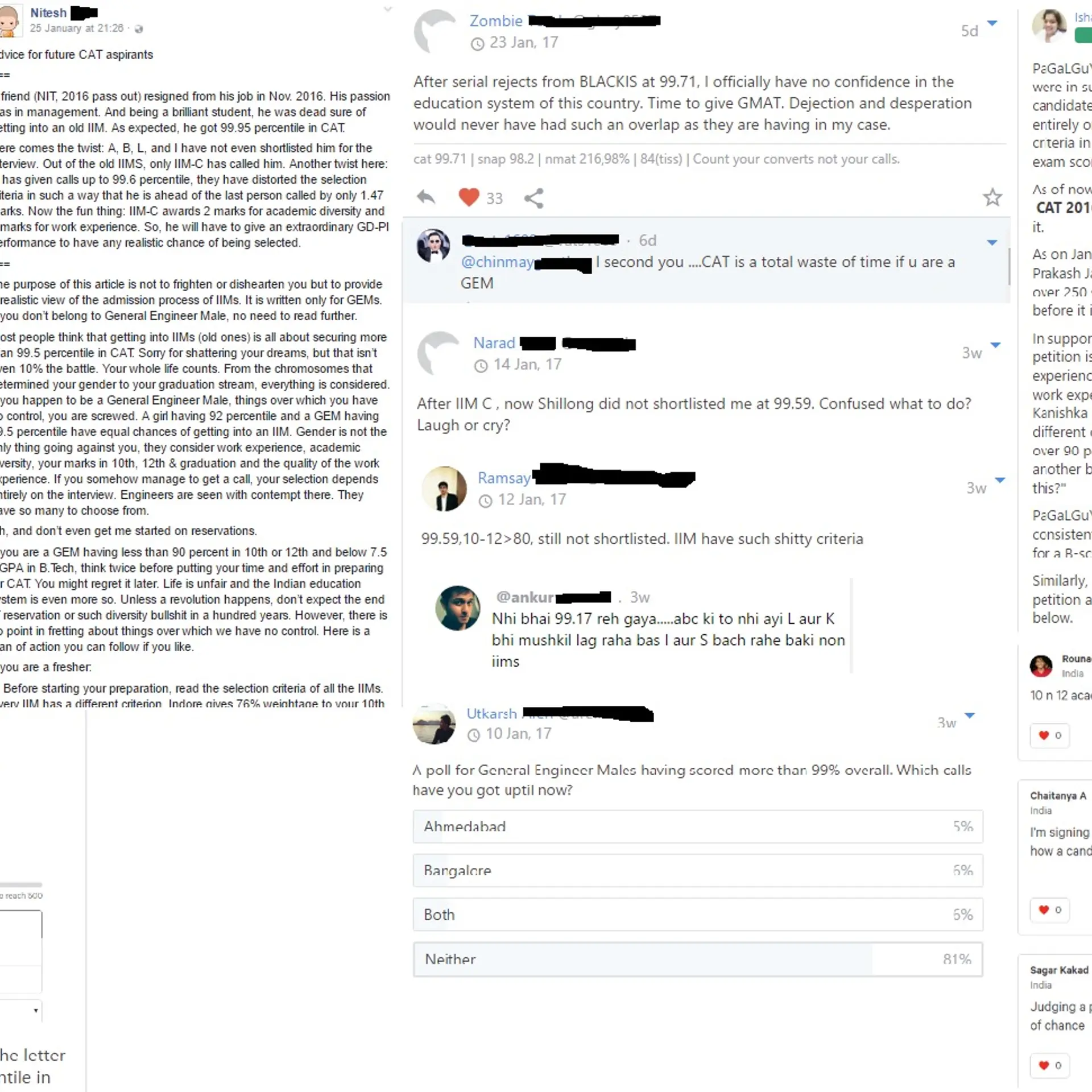

The Start-Up Marathon
Prepping for a long Journey
Saturday September 24, 2016 , 4 min Read
I was preparing for my CAT exams when I happened to be at a talk given by a guy who had walked the path and been quite successful. Something he said stayed with me… “ Your career is like a 50 year marathon… Your school, your friends, connections, your degrees all can get you a certain mileage… but there is an expiry date to all of this…and at some point.. what will help you finish the race is your ability to keep going.. that’s something you will have to keep figuring out…"
I have seen many people stumble upon a brilliant idea, which is very innovative and solves a major pain point… but most of the time, they have had absolutely no hands on experience in the industry or are just looking at a problem from a certain viewpoint. They have no plan as to what they would do once the solution they offer loses its novelty, from then on its a struggle to survive for the sake of survival.
During the course of my discussions with various start ups and with industry people (i really mean the guys whose ability to put food on the table for their family is impacted by the startup), very few actually admit to the startup having made a fundamental difference to the status quo or cite marginal impact on their day to day life.
I would like to call this the disruption index. When the disruption index is low, the startup usually does not survive. When I say disruption, it does not immediately mean knocking off the middle man or fundamentally changing the industry or company structures. That may happen over time, as and when the network effect causes the tilt towards your idea or product or solution. But what it really means is that industry should respond by saying “Wow…I would really like to use that product / service” and be willing to write a cheque for using it.
For this to happen, startups must be willing to discuss their idea with their friends, customers, suppliers and pretty much everybody at various levels in the industry which are impacted. The premium on the idea is too much these days, forcing startups to be really secretive - making it too late for them to really change the course once they have launched the product / service.
You need to really have a clear product and service offering in mind before discussing with the outside world, at least at the wire-framing level. You will be surprised to find out that all your pages of notes on a particular feature will be condensed into a few buttons on the app / product. That’s when you are forced to think deeper about the problem you would be solving and whether there is any value to be derived out of solving that problem. This is where the problem starts, when you imagine issues to solve just to fill in the blanks.
Doctor’s Bazaar was not my first start-up idea and will definitely not be my last. But during our soft-launch in Singapore, earlier this month, we could extract a “Wow — What do we do to sign-up” response from most of the customers we presented the product to. We have close 60 international manufacturers from across EU, USA, Japan and Australia and close to 10 national and international hospital chains (300 hospitals in all) willing to pay to use the product.
We initially wanted VC funding and worked on a presentation till we met a VC who said “You seem to be rich and running successful business, if you have so much faith in your idea why don't you invest your own money”. This was when, all we had was a presentation. I thank that VC from the bottom of my heart. We stopped working on a PPT and started working on the product. We bootstrapped, because we believed in our idea, had in depth technical and industry expertise and access to customers to go showcase our progress and get valuable feedback.
In the end… I feel we are onto something big… the To-Do list is big too… which means we have a huge innovation pipeline ahead of us.
The marathon has just started…
To all my fellow startups… I leave you with a quote from the movie Martian — “ At some point, everything’s gonna go south on you… everything’s going to go south and you’re going to say, this is it. This is how I end. Now you can either accept that, or you can get to work. That’s all it is. You just begin. You do the math. You solve one problem… and you solve the next one… and then the next. And If you solve enough problems, you get to come home”






